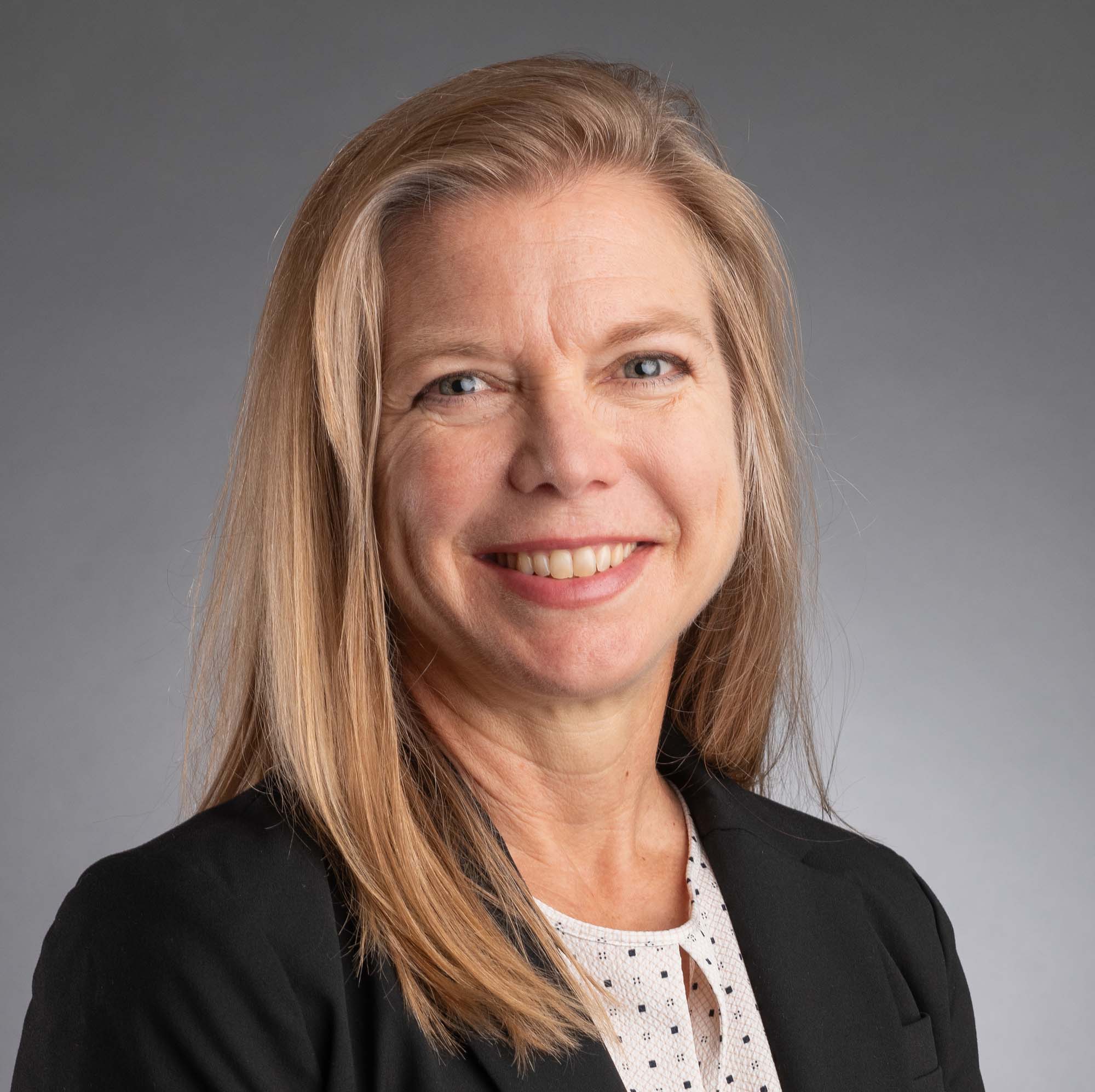We chatted with her about why she became a nurse and what nursing regulatory opportunities she sees.
In March 2023, Patricia Sullivan, RN, was elected to serve as President of CNO’s Council, a role which she began in June.
Sullivan, who has 30 years' experience in nursing, first joined Council in 2020. She also leads a health care strategic consulting company focused on improving quality, patient and workforce safety.
The Standard had the opportunity to chat with Sullivan to learn why she first became a nurse and decided to join CNO’s Council.

Patricia Sullivan-Taylor, RN, Council President
Tell us about yourself. Why did you become a nurse? Can you tell us more about your career in nursing?
I knew at a very young age I wanted to be a nurse. I was the six-year-old with the medical kit and plastic stethoscope around my neck. My patients included my brother, dog and lizard, who were often not compliant.
I became a nurse because I wanted to contribute to making someone or something better, every day. That is a powerful thing to say about your job or career.
It doesn’t always mean fixing someone. Many times, it means stepping in to give people comfort at the end of their life and helping to relieve emotional or physical pain.
Early in my career, as both a bedside nurse and charge nurse, the focus was on honing my own skills and supporting my unit or team. I quickly realized I could make an impact by working on quality and safety of care at the organizational level. I went from working on a quality committee to working as a quality manager and with it, the population scope continued to expand. Over time, my work as a nurse became national and, in some cases, international in scope. For example, this year I am co-leading an initiative with Indigenous advisors to develop a cultural safety measurement tool for use by health service organizations across Canada.
What motivated you to want to volunteer with CNO?
Prior to 2020, I had a limited understanding of what CNO did, aside from registering nurses and implementing professional standards. Although I was leading quality standards and performance measurement work nationally and internationally, I had little insight into how the process worked for the nursing profession. I acknowledged there was a lot I didn’t know, but figured I also had skills and competencies that may be useful to help advance nursing regulation in a way that protects the public.
I underestimated what I didn’t know, and the learning that would be involved. I benefited immensely from Council and Committee colleagues who mentored me and answered my litany of questions. The CNO onboarding has been great and ensured nurses and public members had the necessary tools to be effective. That makes a huge difference both individually and collectively.
What would you tell nurses who might be interested in joining Council or one of CNO’s committees?
Two of my best life choices were choosing nursing as a profession and volunteering to serve on the CNO Council. I have gained such insight on what it means to be in a self-regulating profession. I have a renewed appreciation for the efforts needed to provide safe and competent care and how essential this is to maintain public confidence in the nursing profession.
While I am able to bring competencies and skills to the Council and Committees, I have also gained an immense gift in the network of colleagues and friends and the new knowledge I apply in my life and practice.
It takes a commitment of time and learning to be on Council and the associated Committees. If you are intent on advancing skills in leadership, problem solving, strategic thinking and teamwork, I encourage you to apply. Join our efforts to uphold the excellence of the nursing profession and contribute to public protection.